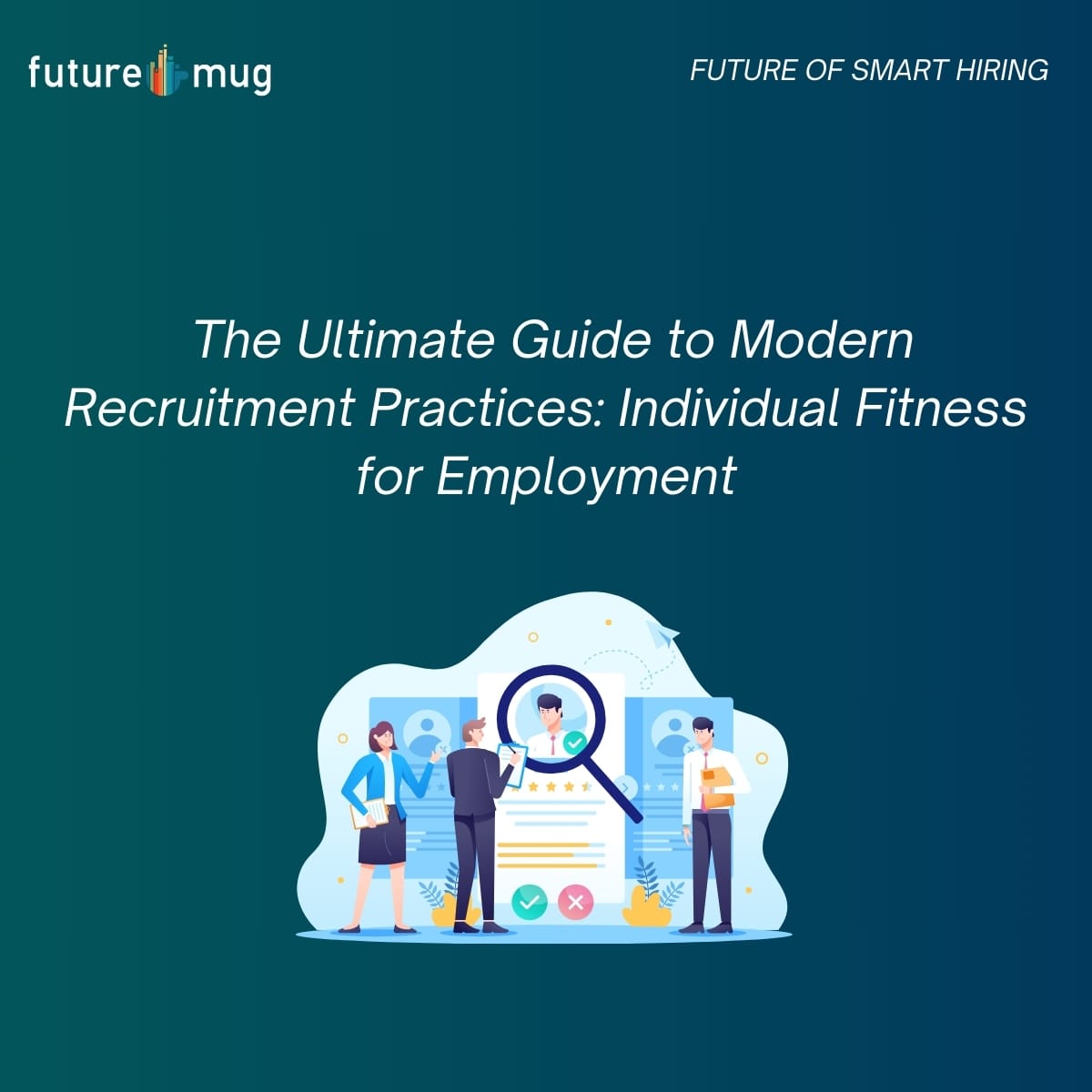
The Ultimate Guide to Modern Recruitment Practices: Individual Fitness for Employment
Is it still possible to rely on the conventional procedures? Or, maybe, it is high time to shift to the broad and elaborate candidate evaluation processes?

In the present day and age where employees are considered commodities in the global village, recruitment has embraced more than cramming of CVs and checking of skills on the job tools. Current recruitment is based on the examination of the extent of a candidate’s fit to the organization. Integrative candidate assessment ensures the assessment of the abilities, skills, as well as behaviors that a candidate can bring to an organization.
Major Features of the Comprehensive Evaluation
1. Technical Skills Evaluation
Technical competencies are the core that is well developed and fundamental for the existence of other competencies. This is a section of the assessment that deals with practical knowledge and practical know how that may be needed to perform the job. For instance, for software developers, their primary asset is to be able to write and read codes. When evaluating technical skills you are guaranteeing yourself that the candidate can perform the technical part of the job accordingly.
2. Soft Skills Assessment
That shows that generic skills, including communication, problem-solving skills, and teamwork, are useful in any job. Here’s why:
Communication: Can the candidate speak, and think for himself or herself, and comprehend what other people say?
Problem-Solving: What strategies do they use in dealing with problems?
Teamwork: Are they able to inter-relate with a group and provide a constructive input?
These skills enable the candidates to conduct themselves appropriately with fellow employees and deal with affairs at workplace.
3. Cultural Fit Analysis
They include the following as one of the major reasons: It refers to the compatibility of an employee, organisational structure, and values, working professionalism, and personality traits. This includes:
Values: Are the candidate’s beliefs aligned with the businesses beliefs?
Work Style: Is that suitable for the company?
Personality: How shall they perform when you introduce them to other current team members?
Evaluating cultural fit guarantees that the employee will have a positive attitude, and satisfaction towards his work place thus enhances harmony and productivity.

Advantages of Integrated Candidate Evaluation
Improved Hiring Decisions: In this way technical experience, personal attributes, compatibility, experience, and culture match can be assessed, resulting into increased overall productive employee performance and reduced turnover.
Enhanced Candidate Experience: Volunteer candidates of the company feel respected and appreciated as persons, therefore, they leave the contest with a positive image of the company even where they are not hired, thereby improving the employer brand of the company.
Diverse and Inclusive Workforce: Centrist acknowledge a diverse skill set, background, and perspectives enhances diversity and inclusion.
The first step to implementing Holistic Assessment is in the Recruitment Practices.
Collaboration between Hiring Managers and HR: Integration increases the chances of a win-win solution since technical demands are unique as well as cultural match assessment.
Utilizing Technology for Assessment: By tracking applicants with the Applicant Tracking Systems, and looking into the AI tools, it becomes possible to perform comprehensive evaluations in the shortest time.
There is actually so much more than the resume and Futuremug gives your hiring team the ability to customize your assessment forms.
Challenges and Considerations in Implementing Holistic Assessment
Overcoming Bias in Assessment: That is why bias can be the reason for distorting the decision made. Another requirement for practice assessors is that they should become aware of the possibility of biasing and avoiding it.
Time and Resource Constraints: Thorough assessments take time and involve the use of resources. Committing an organization to technology and training, ensures that it does not sacrifice quality while trying to reduce costs.
Best Practices for Effective Holistic Candidate Evaluation
Standardizing Assessment Criteria: Innovation: rated A; consistency and fairness: rated A+. The objective comparison is easier when the criteria set is brought to a common base across all stages of recruitment.
Training Interviewers and Assessors: Understanding of a broad approach and arming the interviewers and assessors improves the efficiency of the assessment.
Interviewing applicants that is done in its broad sense gives a complete picture of an applicant or a candidate. Such practices can offer Futuremug better hiring decisions, quality experience for the applicants, and staff diversity.
Endeavour to adopt future mug, which focuses on prospective employee’s evaluation and remake your hiring strategy.